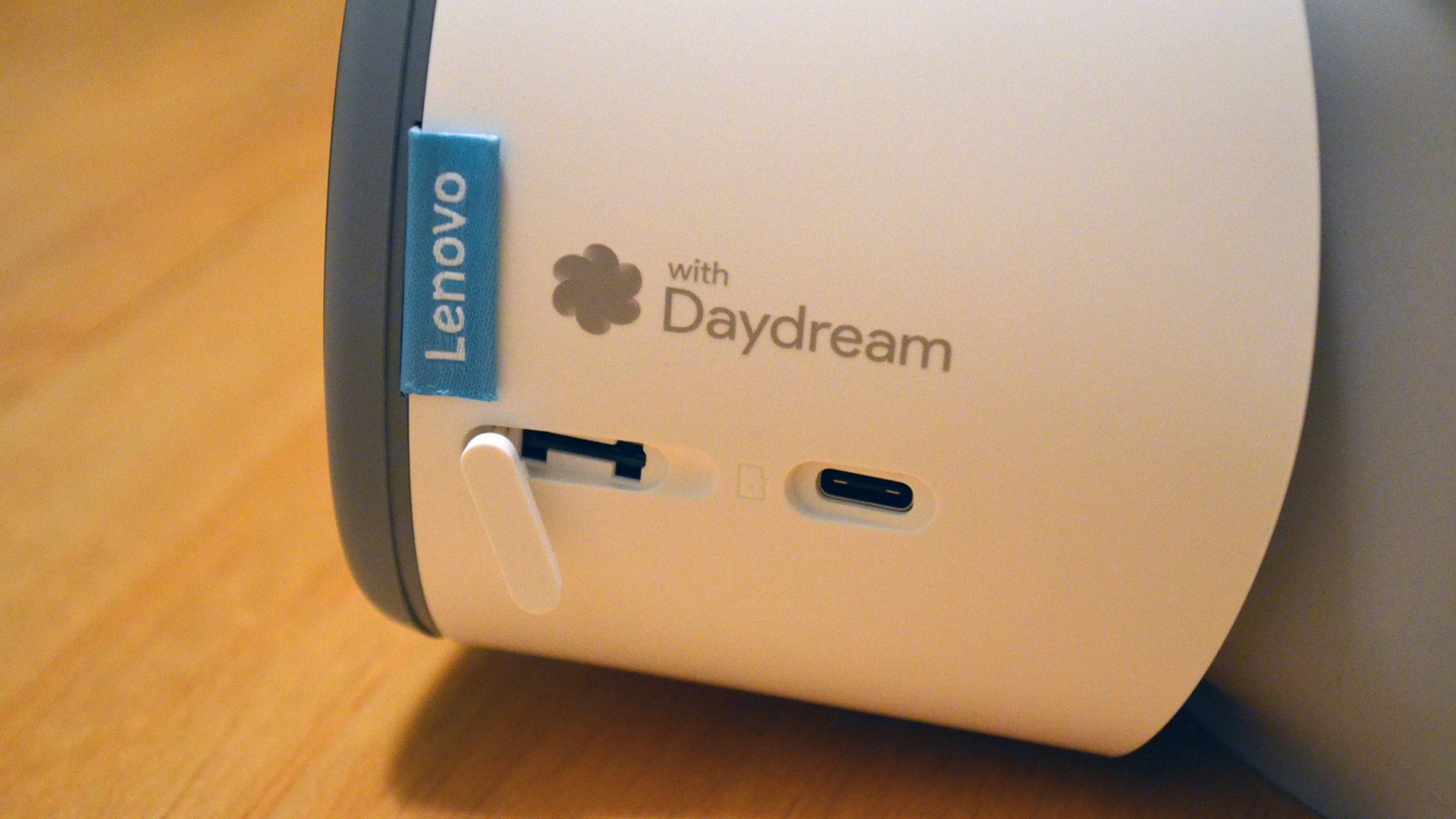Meta announced it’s licensing its XR operating system to select OEMs in a bid to become a more open alternative to Vision Pro, marking a monumental shift in the company’s XR strategy. This puts Meta in an entirely new position as a platform holder, as it now seems the company is trying to beat Google at its own game. And you know what, it just might win.
It’s a tale as old as time. Apple vs. Microsoft. Apple vs. Google. Now, it seems Meta wants to be the subject of the next chapter in ‘A Tale of Two Platforms’, this time dedicated to the next phase in popularizing XR.
We’re not there yet, as Meta hasn’t said just how ‘open’ its platform will be, or how it envisions licensing Horizon OS (ex-Quest OS) to third-parties beyond ASUS, Lenovo and Xbox at this point. But being the ‘open’ foil to Apple’s closed garden approach is at least the narrative the company is running with for now, which feels like the company’s best bet to shift away from its own very Apple-like behavior, and bringing its Horizon Store (ex-Quest Store) to non-Quest headsets for the first time.
There are a ton of uncertainties now, but it seems Meta is looking to out-Google Google with its recent move to provide software to OEMs like Google does with its Android mobile platform, and Google may not be able to catch up anytime soon.
Google: Keep on Daydreaming
After having abandoned its ill-fated standalone XR platform Daydream in 2019, Google took a giant step back from VR that it never quite recovered from. While Meta was releasing Quest, Quest 2, Quest Pro and its latest, the Quest 3 mixed reality headset, Google was working on AR glasses, which, you guessed it, they also canned amid layoffs, reshuffles, and the departure of Clay Bavor from the company, Google’s then-head of AR and VR.

There is a possible redemption arc in the making, although it’s anyone’s guess if Google can use it to leverage Android to serve XR as broadly as Meta aims to do with Horizon OS, which is a modified version of Android in itself.
Google announced early last year it was providing software to Samsung to make a Vision Pro competitor, although we haven’t heard anything about it, or its Android XR platform since. Whatever Samsung and Google release, one clearly valuable asset Google hasn’t weaponized so far in XR is its Play store, which could make whatever device it launches on much more competitive to Vision Pro by giving it access to millions of Android apps—something Meta claims Google simply won’t allow on Quest after a reported series of failed talks.
Horizon OS: Not Exactly Open, But Certainly Prolific
Meanwhile, Meta has also made it clear it’s going to continue producing Quest to showcase its hardware and software advancements, and likely use it as an anchor to the more specialized Horizon OS devices Meta CEO Mark Zuckerberg envisions in the near future.
Zuckerberg outlined so much in his most recent video announcement, stating he expects there to be a fleet of third-party headsets “designed for specific use cases.”
“You can imagine a light weight headset that pairs with your computer on your desk to provide the best work experience, whether you’re at home or anywhere else you go,” Zuckerberg said in the video. “Or you can imagine one that’s fully focused on watching immersive entertainment like movies and videos with the highest resolution and OLED screens, or think of one that’s fully optimized for gaming, sports or all kinds of different peripherals and haptics. Imagine one for exercise that extra-light, sweat-wicking materials. Or maybe just a version that comes out of the box with Xbox controller and Game Pass, and you can immediately start playing on a big screen anywhere you go.”
With such a wide gamut of devices to choose from, Meta could even position Quest to be its very own Google Pixel, i.e. a high-quality device that’s largely thought of as the ‘purest’, most ideal form the OS has to offer, and which also gets preferential treatment from the platform holder.
Then there’s the lingering question of how open is Meta really willing to go with Horizon OS. For now, the company has leaned hard on its ability to sideload apps via SideQuest, stream PC VR games via Steam Link or Air Link, and stream Xbox Game Pass Ultimate—but didn’t mention anything about open source, root access, etc. As much as it pains me to say so, most people don’t really care about those last two, and it’s something Meta is probably betting on too.
This essentially leaves Google in a bit of a sticky wicket. Either make peace with Meta and bring Play store apps to Horizon OS, or go its own route with Samsung. And either decision leaves in the backseat.







